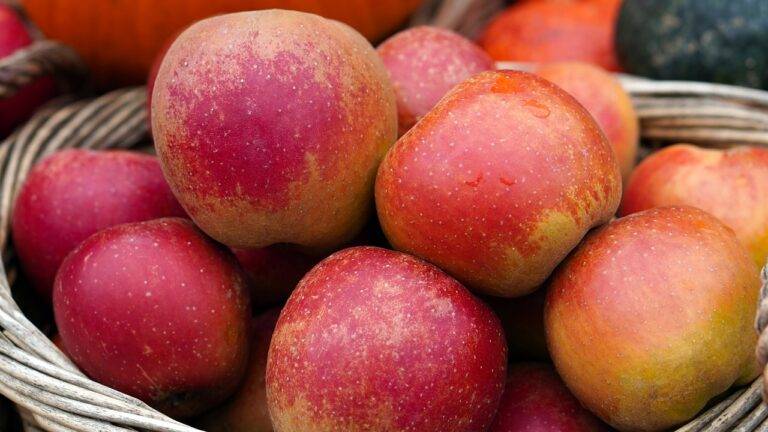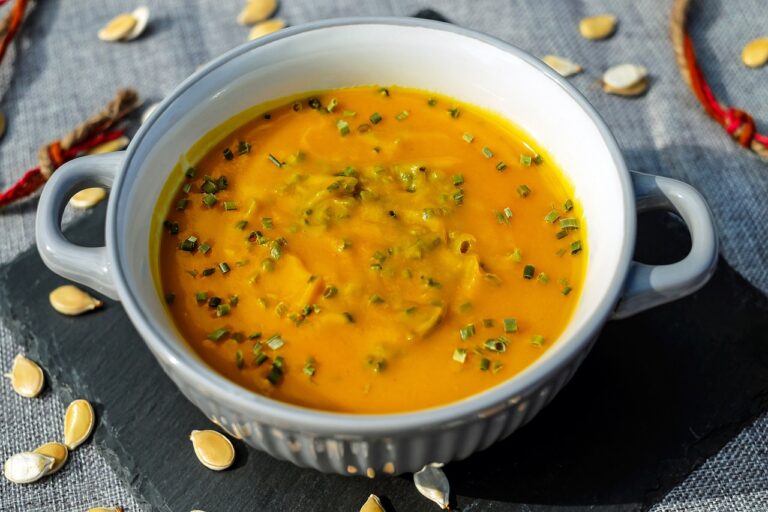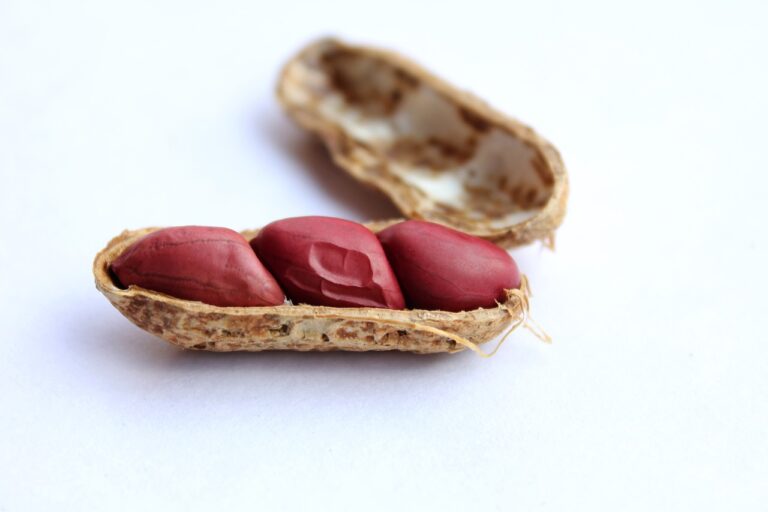Understanding the Connection Between Diet and Gut Microbiome Health: 11xplay sign up login password, Laser247 com, Tiger exchange login
11xplay sign up login password, laser247 com, tiger exchange login: Understanding the Connection Between Diet and Gut Microbiome Health
Have you ever heard the phrase “you are what you eat”? Well, when it comes to your gut health, this saying couldn’t be more accurate. The gut microbiome, which consists of trillions of bacteria, fungi, and other microbes living in your digestive tract, plays a crucial role in your overall health. And one of the key factors that can influence the health of your gut microbiome is your diet.
In this article, we’ll delve into the intricate connection between diet and gut microbiome health. We’ll explore how the foods you eat can impact the composition of your gut microbiome, and ultimately, your overall well-being. So grab a healthy snack and let’s get started!
The Basics of Gut Microbiome Health
Before we dive into how diet influences gut microbiome health, let’s first understand the basics of the gut microbiome. The gut microbiome is a complex ecosystem of trillions of microorganisms that reside in your digestive tract. These microorganisms play a crucial role in various aspects of your health, including digestion, immune function, and even mood regulation.
A healthy gut microbiome is characterized by a diverse array of microorganisms that work together to maintain a balanced environment in the gut. When this balance is disrupted, it can lead to dysbiosis, a condition that has been linked to a range of health issues, including gastrointestinal disorders, autoimmune diseases, and even mental health conditions.
How Diet Impacts Gut Microbiome Health
Now that we have a better understanding of the gut microbiome, let’s explore how diet can influence its health. The foods you eat can have a profound impact on the composition of your gut microbiome, shaping the diversity and abundance of various microorganisms in your digestive tract.
Here are some key ways in which diet can impact gut microbiome health:
1. Fiber Intake: Fiber is a type of carbohydrate that cannot be digested by the human body. Instead, it serves as a source of food for the beneficial bacteria in your gut. Diets rich in fiber have been shown to promote the growth of good bacteria in the gut, leading to a more diverse and healthy microbiome.
2. Probiotic Foods: Probiotics are live bacteria and yeasts that are beneficial for your digestive system. Foods that are rich in probiotics, such as yogurt, kefir, and sauerkraut, can help maintain a healthy balance of microorganisms in the gut.
3. Prebiotic Foods: Prebiotics are a type of fiber that serve as fuel for the good bacteria in your gut. Foods that are rich in prebiotics, such as garlic, onions, and asparagus, can help support the growth of beneficial microorganisms in the digestive tract.
4. Sugar and Processed Foods: Diets high in sugar and processed foods have been shown to promote the growth of harmful bacteria in the gut, leading to an imbalance in the microbiome. These foods can also increase inflammation in the gut, which can further disrupt the balance of microorganisms.
5. Plant-Based Diet: Plant-based diets, which are rich in fruits, vegetables, whole grains, and legumes, have been associated with a more diverse and healthy gut microbiome. These foods are rich in fiber, antioxidants, and other nutrients that support the growth of good bacteria in the gut.
6. Red Meat and Saturated Fat: Diets high in red meat and saturated fat have been linked to a less diverse and less healthy gut microbiome. These foods can promote the growth of harmful bacteria in the gut, leading to inflammation and dysbiosis.
7. Weight Management: Maintaining a healthy weight is also important for gut microbiome health. Obesity has been associated with an imbalance in the gut microbiome, with a decrease in beneficial bacteria and an increase in harmful bacteria.
FAQs
Q: How quickly can diet impact gut microbiome health?
A: Research suggests that changes in diet can start to impact the composition of the gut microbiome within just a few days.
Q: Can supplements help improve gut microbiome health?
A: While supplements can be beneficial for some individuals, it’s important to focus on consuming a varied diet rich in whole foods to support a healthy gut microbiome.
Q: Are there specific foods that are best for gut microbiome health?
A: Foods that are rich in fiber, prebiotics, and probiotics are generally beneficial for gut microbiome health. Incorporating a variety of fruits, vegetables, whole grains, and fermented foods into your diet can help support a diverse microbiome.
In conclusion, the connection between diet and gut microbiome health is a fascinating and complex topic. By making mindful choices about the foods you eat, you can support a healthy and diverse gut microbiome, which in turn can positively impact your overall well-being. So next time you sit down to eat, remember that you’re not just nourishing yourself you’re also feeding the trillions of microorganisms that call your gut home.







